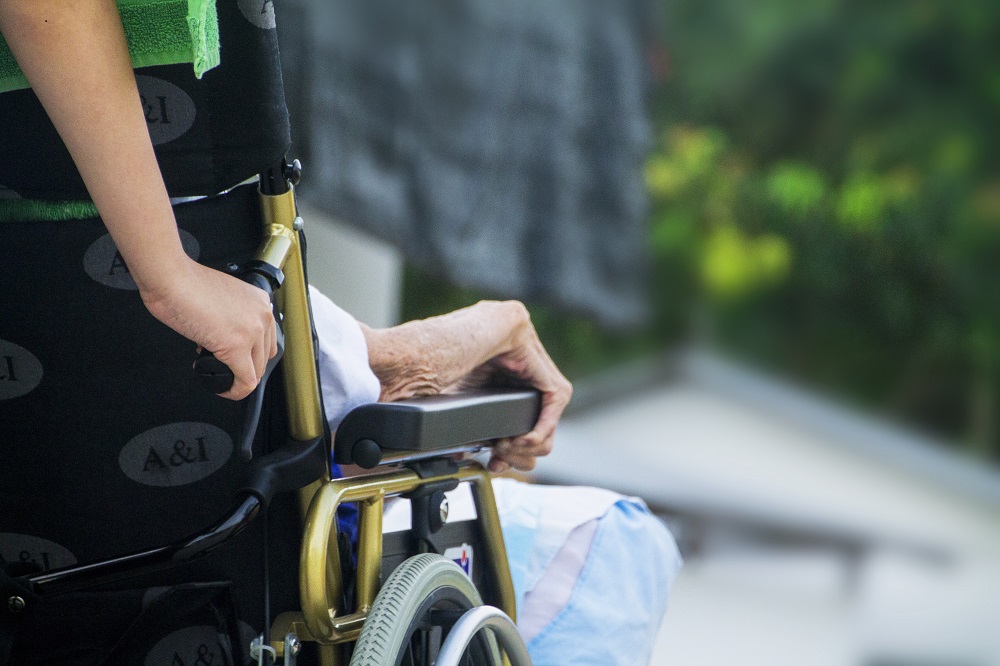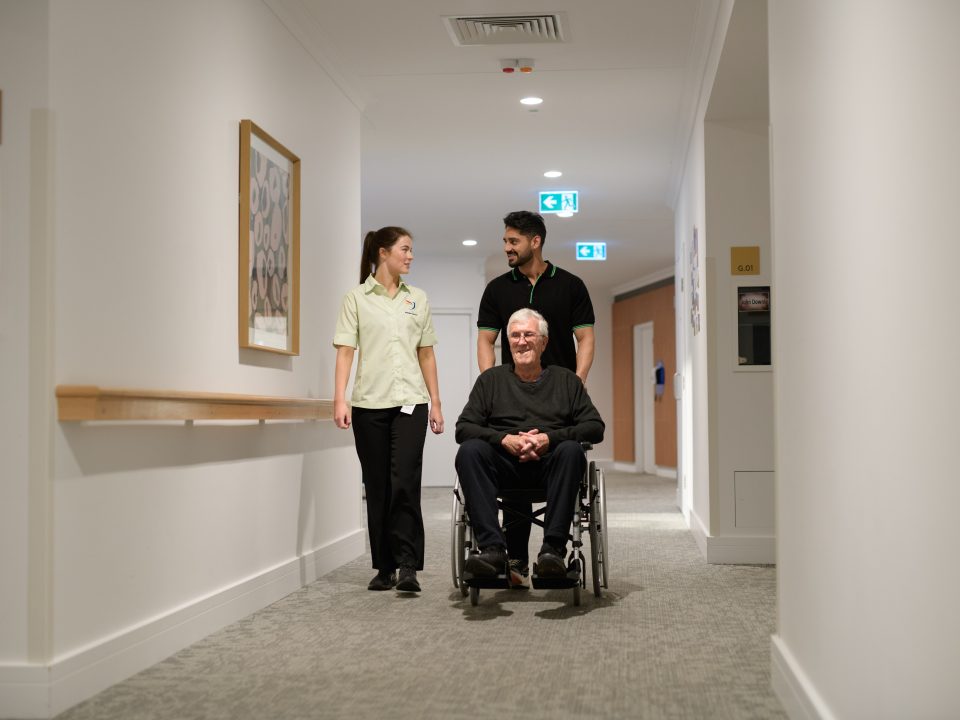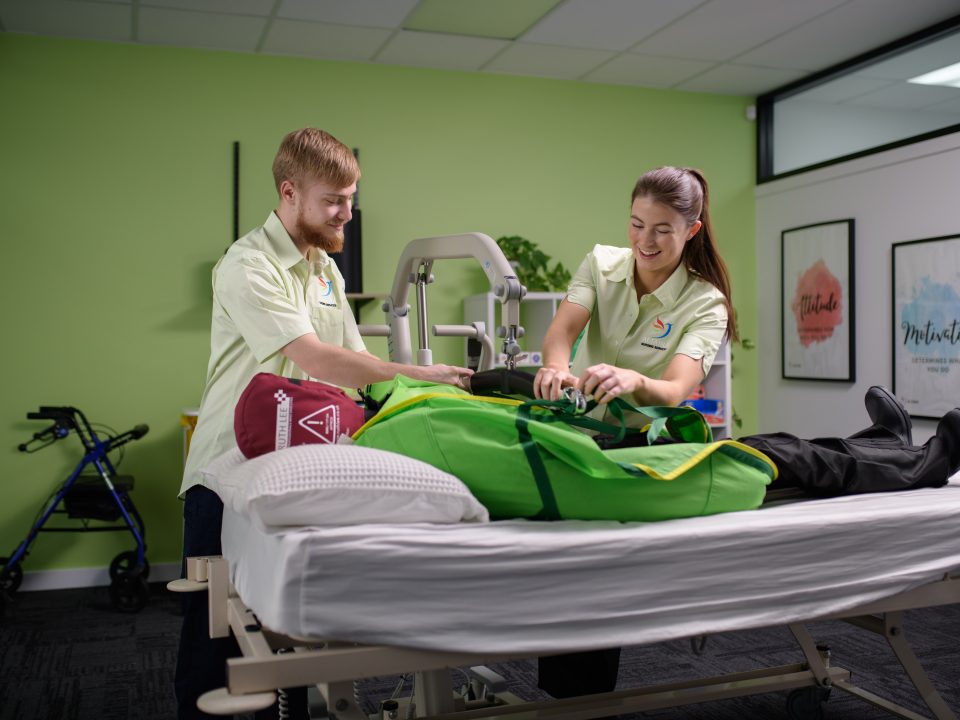
Stress busters: Top tips for aged care staff to deal with job stress
July 7, 2017
Tips for working in aged care
July 22, 2017Rural nurse: what I want to see in the health system

Remana is a registered nurse working in a regional hospital. [Nurse Uncut] asked her what improvements she’d like to see to help hospitals operate better. Further down, she shares what she thinks we’re getting right.
Coming from a rural hospital, we’d like to see a lot of improvements.
Nurse/patient ratios: This area needs a lot of improvement. Nurses should not have to fight for safety for their patients. This should be one of our rights as an Australian – to know that when we are at our most vulnerable the hospital we are in is staffed so that we are safe. Not having the right ratios can result in things being missed, unsafe environments and errors in care which can unfortunately lead to deaths. Our rural hospital is one of the hospitals that is not staffed safely. Some wards have only two RNs for 24 patients or 1:7 ratios on a surgical ward! Rural hospitals have sick patients too, our ratios should match the city hospitals.
Nurse training: Better access to a wider range of courses for all NSW hospitals. At times most people have to travel to major cities to access courses of interest and rural nurses can fall behind in their knowledge base, especially if they cannot afford the cost of the courses upfront. An exchange program for nurses to travel between rural and metro hospitals to learn skills in their field in a different work environment could build confidence and abilities in all nurses.
Safe hours for doctors or, even more so, enough doctors to make it safe! At the moment in our Emergency Department we have junior doctors from overseas and one senior doctor (FACEM) to oversee them and “educate” them. This is a problem when our department is busy. Our junior doctors aren’t getting the education they need. Instead they are expected to just know everything and get on with the job. One extra senior doctor on shift would help the junior doctors get the education they need and keep the department flowing.
Our hospital being rural also has a major problem attracting and keeping specialists. With no junior doctors anywhere else in the hospital (until a recent change with an Orthopaedic Registrar position), specialists are usually not interested in moving to a hospital that offers long hours/on call shifts with no one to help them get through their workload. Like our metro counterparts, the health system needs to act to provide enough doctors to all hospitals to keep patients safe.
Access to patient transport: For us the closest mental health unit is 45 minutes away – but they never accept patients as they are always full. The next and most frequently referred to is two hours away. We can wait over 24 hours for transport of a scheduled patient just to see a psychiatrist! This is obviously not safe, blocks hospital beds and is unacceptable. We have only one mental health room at our facility and at times have up to five patients presenting needing acute care. Not only mental health patients but those waiting to go to a Cath lab can wait hours … time which literally could be life or death for them! Better communication between transport (ASNSW) and hospitals on ETAs and availability could help relieve stress that patients and staff experience during these extended waits.
An increase in mental health units right across the state is needed to allow for the increase in patient presentations that require ongoing acute mental health care. All too often we hear that there are “no beds” available for people who are a danger to themselves and sometimes the public. The health system should realise by now that the problem isn’t going away, it is getting worse.
Funding cuts severely effect our health system. Frequently we have not got the tools we need to do our jobs. Does the government really think that cutting funding is the answer to “fixing a budget”.
What are we getting right in our hospitals?
Each and every day that I’m at work patients are cared for, lives saved and lives lost. What is a constant in the hospital is the people that are employed. Always caring, always willing to go the extra mile to make someone else comfortable. The hospitals are employing the right people (just not enough!)
Waiting times in our hospital for surgery are managed well as are our vulnerable populations such as the indigenous, the elderly and children.
(Is it really bad that the only reason I think the hospitals run smoothly is because of all the people working on the ground?)
Do you have any practical tips to help patients manage their hospital stay?
Nurses sometimes need reminders, so never be afraid to ask for something more than once. Sometimes we can be juggling so much, we haven’t intentionally forgotten your request.
Have a family member be an advocate for you. Make sure they are there for doctors rounds and any allied health appointments. Having someone else to remember all the important things can help your transition to home. Often being in hospital and unwell the entire stay can be a blur. Don’t be afraid to ask for detailed explanations from your treating doctor. You have the right to know exactly what treatment you are receiving and why. And if you don’t agree with something, it is your right to say no.
And also bring in a list of current medications or your medications with you so that the doctor can ensure medications are safely given throughout your stay.
This article was originally published 11/3/16 on www.nurseuncut.com.au










